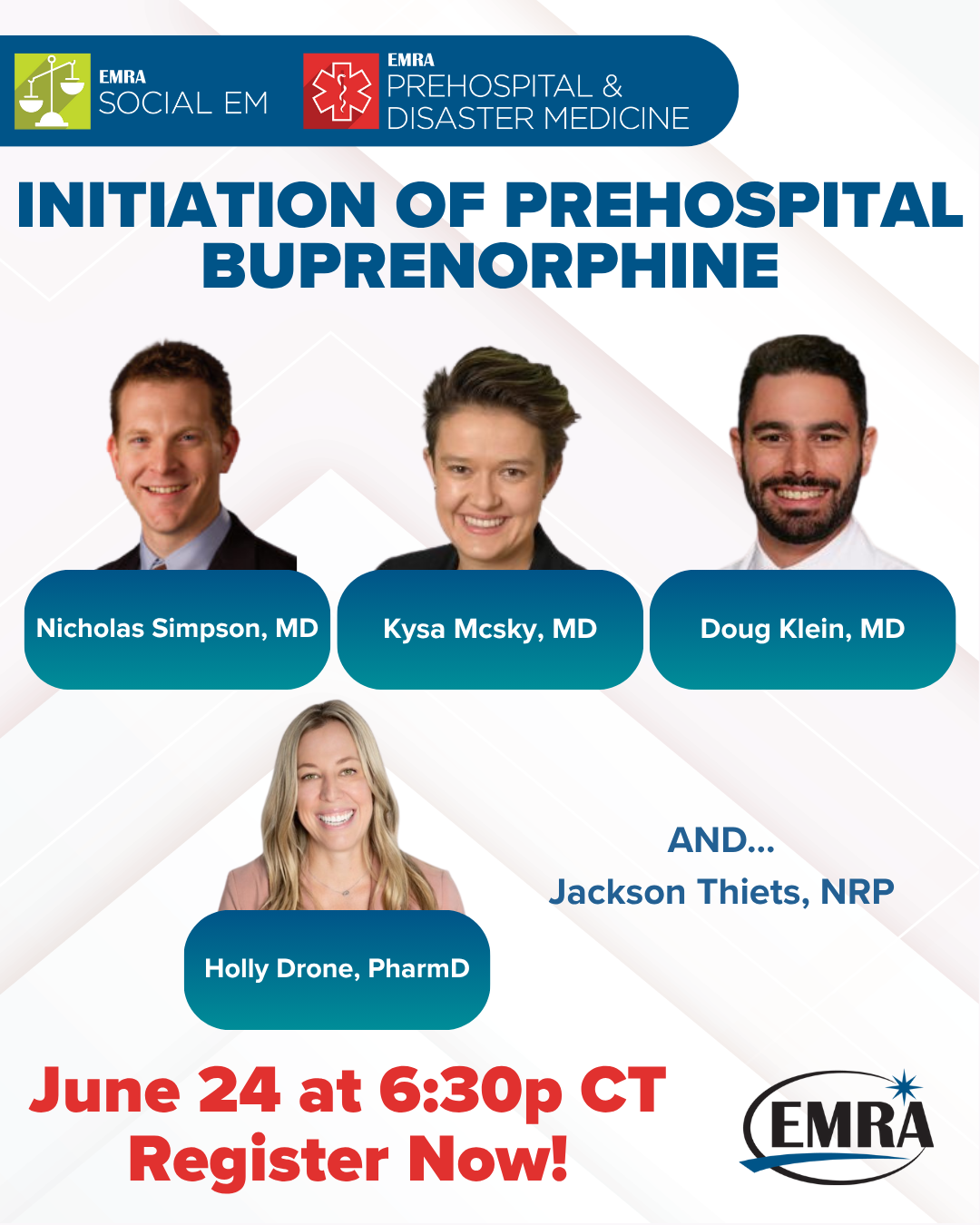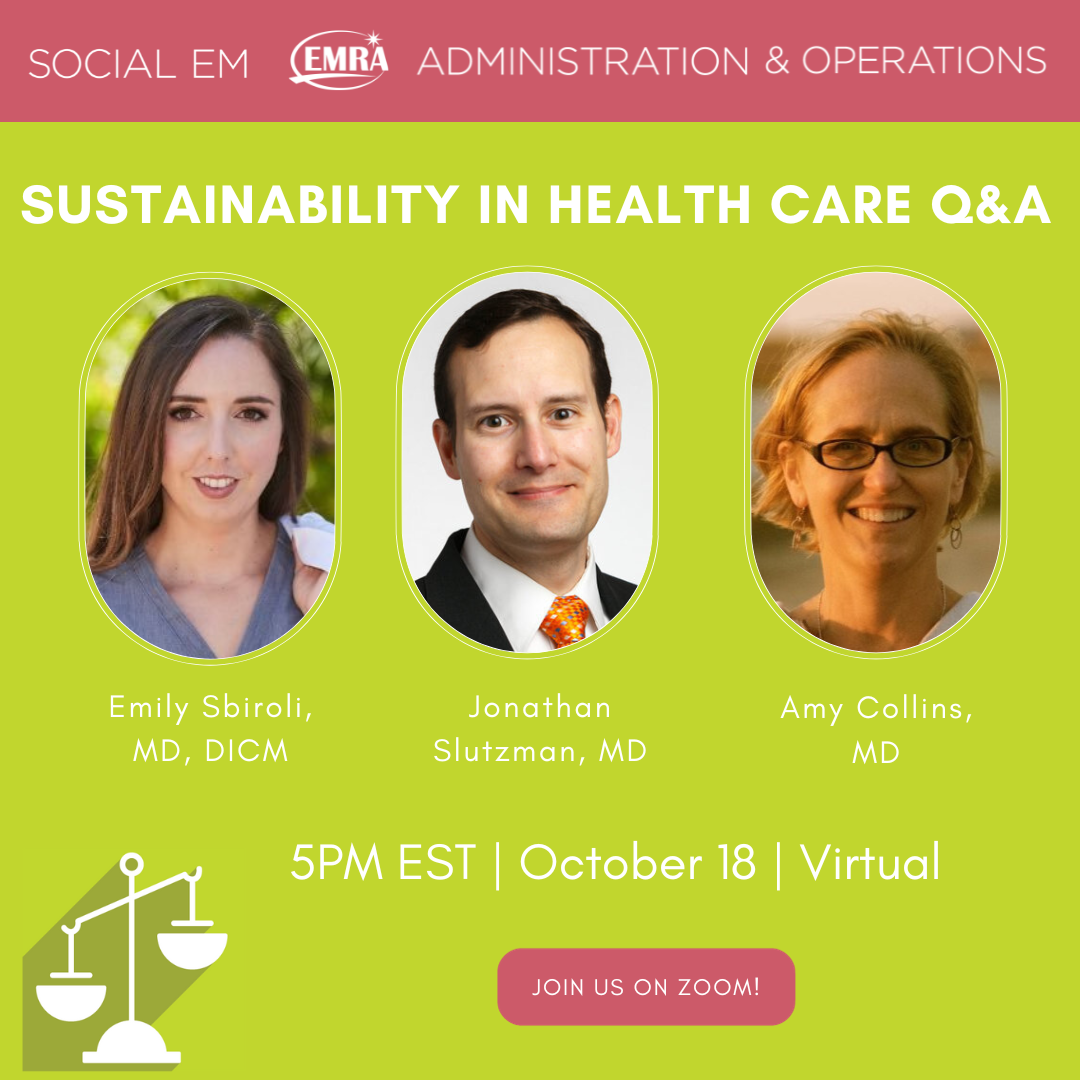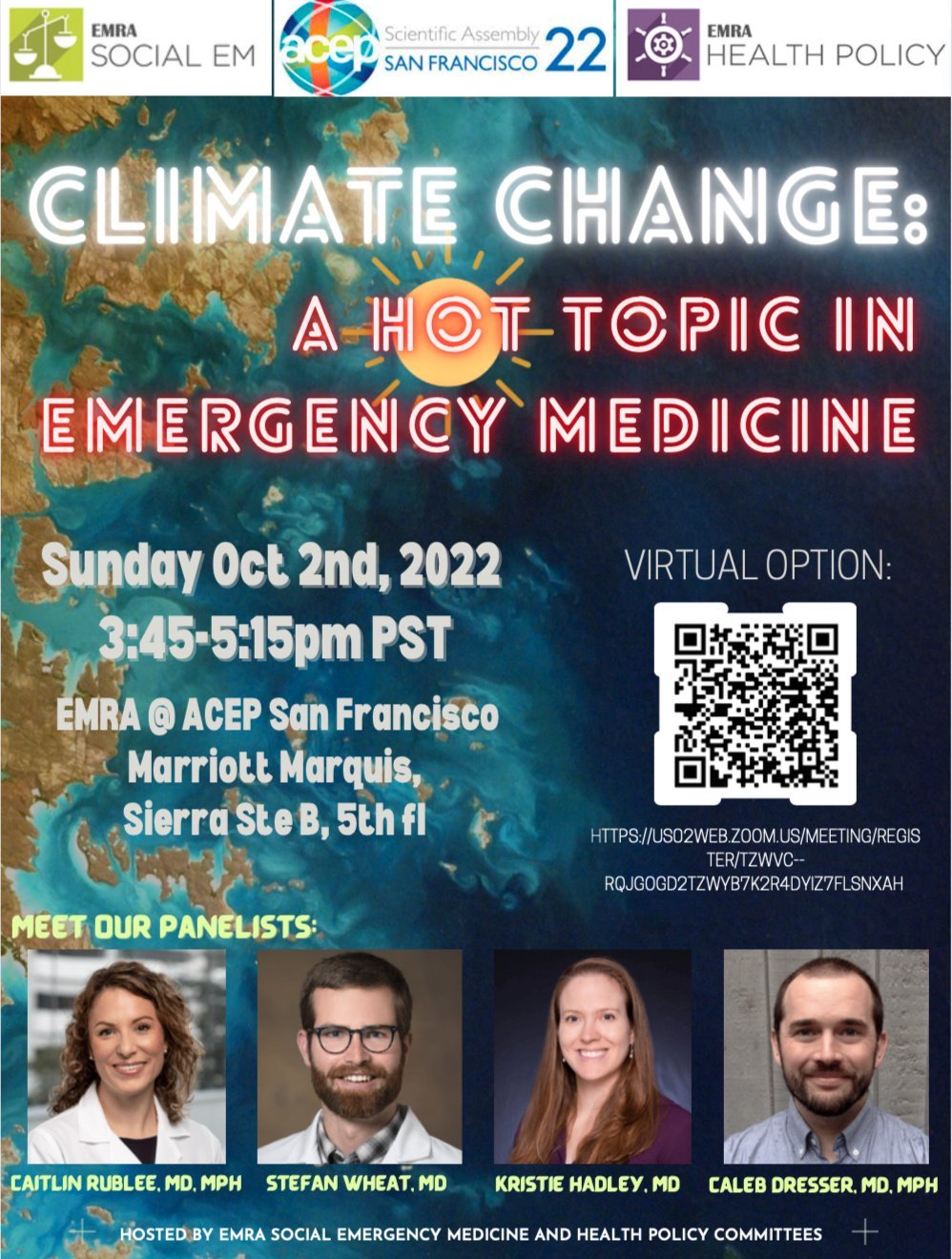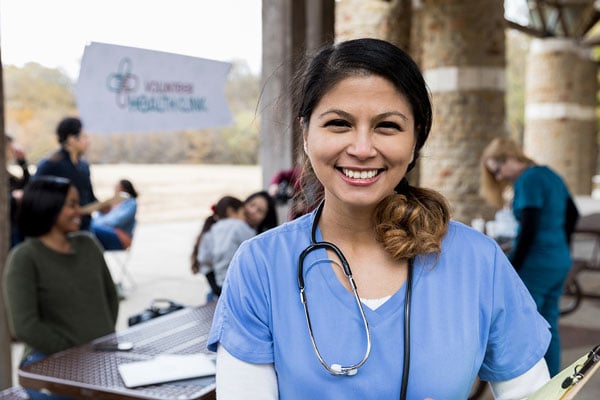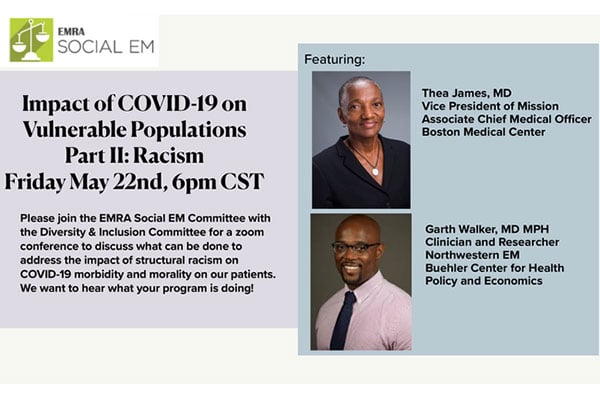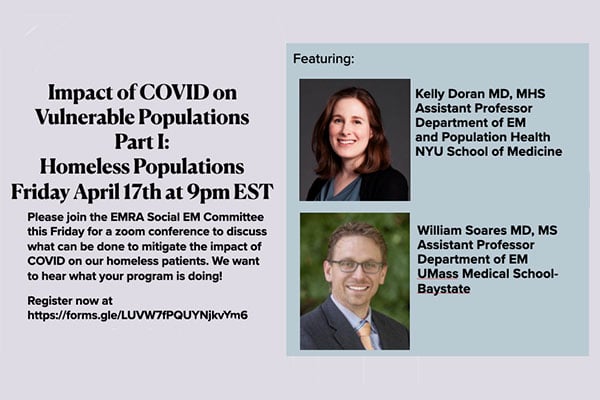Social Emergency Medicine Committee
![]()
Social EM Leaders

Chair
Alessandra Della Porta, MD

Chair Elect
Margaret Hayslip, MD

Vice Chair
David Bronstein, MD

Vice Chair
Mitchell Love, DO

Vice Chair
Clara Keum, MD
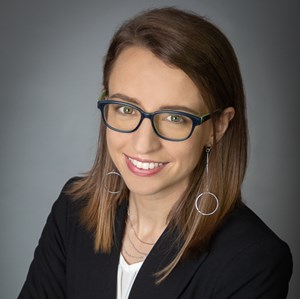
EMRA Rep to the AMA
Anna Heffron, MD, PhD
New York, NY
Peer and Mentoring Program
Are you interested in social emergency medicine career development, research, or advocacy, but you don't know where to start? Are you looking for a mentor, mentee, or peer with similar interests as you? The EMRA Social Emergency Medicine Committee is starting a mentoring initiative to connect residents, fellows, and attendings with similar interests. If you are passionate about a specific focus area and looking to get connected with other emergency physicians nationwide - this is your opportunity! Please sign up below.
Sign up here!Committee Videos
Initiation of Prehospital Buprenorphine
Please join us for a discussion on initiation of medication assisted treatment for the treatment of opioid use disorder in the prehospital setting. We will be content experts in social emergency medicine, pharmacy and prehospital medicine to discuss the benefits of pre-hospital administration and unique challenges with connection to care.
Watch NowSustainability in Healthcare Panel
Emily Sbiroli, MD, DICM
Jonathan Slutzman, MD
Amy Collins, MD
Watch NowClimate Change: A Hot Topic in EM | EMRA at ACEP 2022
Caitlin Rublee, MD, MPH
Stefan Wheat, MD
Kristie hadley, MD
Caleb Dresser, MD, MPH
Paying the Price: Inside EM’s Fight to End COVID-19’s Health Disparities
Join EMRA's Social EM Committee for a discussion on the COVID impact on racial & ethnic disparities.
Watch NowImpact of COVID on Vulnerable Populations : Part 2 - Racism
The EMRA Social EM Committee discusses what can be done to address the impact of structural racism on COVID-19 morbidity and morality on our patients.
Thea James, MD
Vice President of Mission
Associate Chief Medical Officer
Boston Medical Center
Garth Walker, MD, MPH
Clinician and Researcher
Northwestern EM
Buehler Center for Health Policy and Economics
Impact of COVID on Vulnerable Populations : Part 1 - Homeless Populations
The EMRA Social EM Committee discusses what can be done to mitigate the impact of COVID on our homeless patients.
Kelly Doran, MD, MHS
Assistant Professor
Department of EM and Population Health
NYY School of Medicine
William Soares, MD, MS
Assistant Professor
Department of EM
UMass Medical School - Baystate
The Social Emergency Medicine Committee is focused on integrating social determinants of health, social justice, and advocacy for the underserved into the specialty of emergency medicine. Social determinants of health include issues such as homelessness, food insecurity, care for linguistic and cultural minority groups, sexual orientation, immigration status, violence prevention, safe communities, and much more!
The work of the EMRA Social Emergency Medicine Committee is closely aligned with the ACEP Social Emergency Medicine Section. Our goal is to provide a funnel into the activities of the talented attendings developing this field within ACEP and promote a new generation of social EM experts and advocates.
Sound Interesting? Join Us
If any of this sounds interesting to you, we are just getting started and we need all the help we can to get these efforts off the ground, so please join up, let us know your ideas, and help make social EM the next big thing in emergency medicine!
Joining EMRA Committees is easy and FREE.
Just log into your EMRA account, scan the QR code, or click the JOIN NOW button for the one(s) you wish to join.
EMRA Committees are all hosted on WhatsApp to help facilitate communication and collaboration in the smoothest way possible.
Social EM Vlog Series
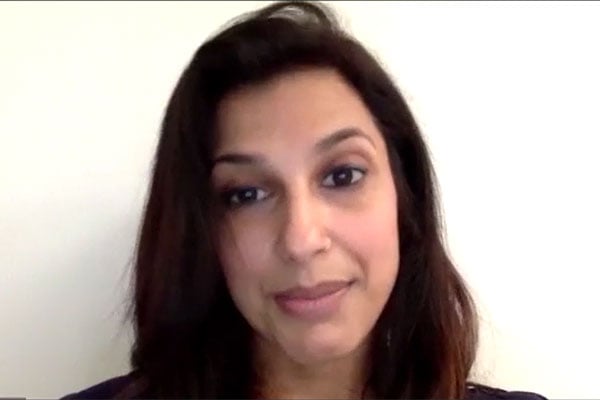
Topic: Social EM VLOG with Ayesha Khan, MD, MPH
Dr Khan discusses her role in developing the Social Emergency Medicine Fellowship at Stanford.
Ayesha Khan, MD, MPH
Assistant Professor, Stanford University
Department of Emergency Medicine
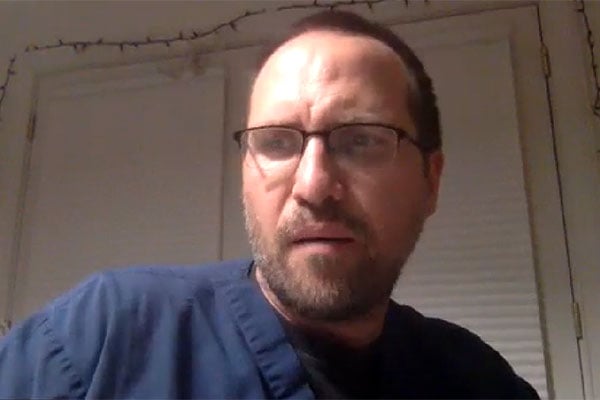
Topic: Social EM Vlog with Aaron Hultgren, MD
Dr Hultgren discusses his work with Prevention & Education Partnership, addressing social determinants of health and more!
Aaron Hultgen, MD
Assistant Professor, Ronald O. Perelman
Department of Emergency Medicine
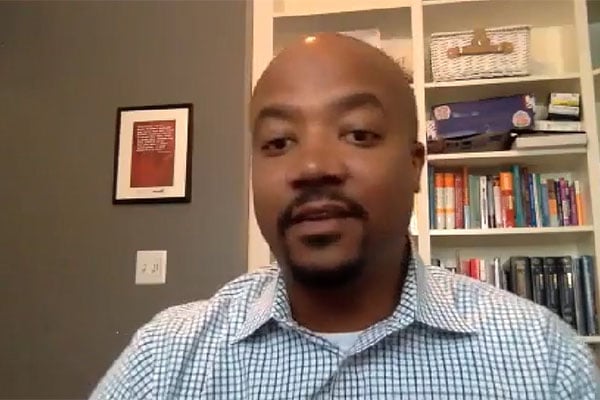
Topic: Social EM Vlog with Nathan Irvin, MD
Dr Irvin discusses his role as Director of Focused Advanced Specialty Track: Social Emergency Medicine at Johns Hopkins, HIV/HCV screning, violence prevention and more!
Nathan Irvin, MD
Assistant Professor, Johns Hopkins University
Department of Emergency Medicine
Activities
The activities of the Social Emergency Mecicine Committee can be divided into 4 areas.
- Program implementation – We promote awareness of innovative programs emergency departments have implemented across the country to address social determinants of health. This includes connecting residents and medical students interested in leading their own innovative programming with those who have done it before, and providing them the support they need to make their ideas a reality and drive continuing improvement and sustainability of social EM-oriented programs.
- Education – We support educational programming that informs medical students and residents about key issues within social emergency medicine. This includes disseminating existing educational resources (e.g. podcasts, guides, books, etc) and curricula to help encourage their use across the country as well as development of our own educational programming, such as webinars that EMRA members can access to improve their knowledge of social EM and share it at their institutions.
- Research – Research on the impact of social determinants of health on our patients in the emergency department and the outcomes of programs that address these issues in the context of emergency medicine is full of opportunity. We seek to connect those who are looking for research mentorship, provide peer support for research planning and implementation, and a forum to share interesting research results and opportunities among residents and medical students.
- Advocacy – For those interested in building a healthcare system that is fairer and more just, addressing the needs of those who currently fall through the cracks, there is need to advocate for change within our educational programs, our academic institutions, and at the state and national policy level. The Social Emergency Medicine Committee provides a venue to improve knowledge of policy solutions and political complexities required to be a successful advocate in the social EM space, as well as a venue to learn the skills necessary to be a successful advocate for policy change.
Related Content
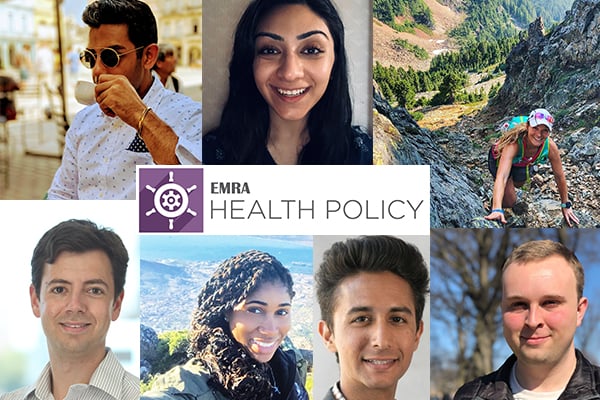

Aug 21, 2023
Medical Toxicologists as Public Health Advocates
Hey everyone! Mark your calendars for an exciting event with EMRA Toxicology on April 7th at 8 PM EST / 7 PM CST, featuring Dr. Kenneth Katz. He’ll be sharing his experiences as a toxicologist and emergency medicine physician, highlighting some of his experiences in patient advocacy. Don’t miss this opportunity to be inspired to get involved in advocacy efforts. Hope to see you there!






